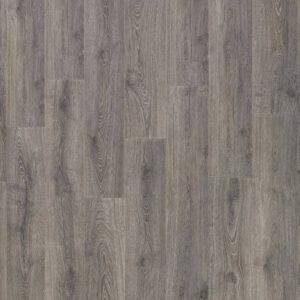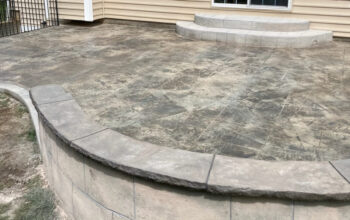When you decide to upgrade your home, you may be wondering which type of flooring to choose. In the end, the material you choose will determine how long your flooring will last, how difficult it is to install, and how expensive it is to maintain. You can learn about different types of flooring and the benefits of each before making a decision. From classic hardwood to eco-friendly laminate, you can find the perfect floor for your home. Here’s a quick guide to help you decide on the best material for your home.
Hard flooring includes concrete, cement, glass tiles, and ceramic tile. Natural stone products such as granite and marble are other popular choices for flooring. Ceramic tiles are thin pieces of clay formed into square or rectangular shapes and fired. They are then placed on a bed of mastic or mortar to create an even surface. They are usually fourteen thick. Hardwoods, however, are more expensive than other materials. Hardwood flooring tends to absorb moisture and odors.
While natural stone flooring is more expensive than other materials, it is far more attractive. Natural stone requires regular sealing, so it must be re-sealed every six months or so. In addition, unlike ceramic tiles, it does not harbor dust mites or pet hair. For this reason, it is the perfect choice for allergy sufferers. Although hard stone flooring can be used in any room, it is best used in climates that do not get extremely hot throughout the year.
If you cannot afford to buy high-end flooring, you may want to consider alternatives. Consider laminate or tile flooring, which are both relatively affordable and can offer similar benefits. Many flooring stores will negotiate a price with you if you do research beforehand. If you don’t want to negotiate, try looking for a cheaper product that is similar in appearance. In any case, remember to be polite and persistent, and you’re sure to get a good deal.
Porcelain tile is a natural fit for high-traffic areas of the home. When tested by Consumer Reports, it consistently outperformed other flooring materials in scratch and dent resistance. Porcelain tile also comes in a variety of styles, from small hex tiles that fit into early 20th-century homes to faux reclaimed-ash planks that mimic wood. The benefits of porcelain tiles are clear: they are easy to clean and last for a long time.
Luxury vinyl planks are another option that can mimic the look and feel of hardwood floors. These tiles are waterproof and can even be used in wet areas. Many are waterproof, so they’re perfect for kitchens and bathrooms. However, they cost more than hardwood. It’s important to remember that luxury vinyl planks aren’t perfect for every situation. They should be cleaned regularly to prevent the growth of bacteria and mold. The durability of luxury vinyl planks is also questionable, so you may want to check with a flooring specialist before choosing one.
Different flooring types have different cleaning requirements and can be expensive. Determine what your budget is before shopping for a new floor. Consider your lifestyle when choosing a material. While carpeting can mimic the look of hardwood, tile and stone can reflect the sounds of everyday life. You can also opt for laminate flooring or a low-pile carpet for a cheaper option. When shopping for a new floor, always keep in mind that your home’s resale value is crucial. Hardwood flooring can give you a 70 to 80 percent ROI on your investment.
Vinyl flooring is the most affordable option, but it has a limited range of designs and is more likely to scratch or gouge than other types of floors. Unlike hardwood floors, vinyl flooring is not finishable. Once damaged, you’ll have to replace the entire floor. However, vinyl is becoming more affordable than ever, so you’re likely to find it in your home soon. If you are looking for a cheaper option, you may want to consider vinyl. If you don’t want to spend a lot of money on a floor, you may want to consider vinyl. It’s durable, waterproof, and cheap, so if you don’t mind having to replace it often, this might be a good choice.
Bamboo is another sustainable option. Unlike hardwood, bamboo doesn’t need water and doesn’t require herbicides or pesticides to grow. Unlike other wood flooring materials, bamboo doesn’t require pesticides and fertilizers to grow, and you can reuse the same bamboo over again. If you don’t want to use any chemicals or pesticides, you can try reclaimed wood. Although reclaimed wood flooring may be harder to find, it can be worth the investment.


